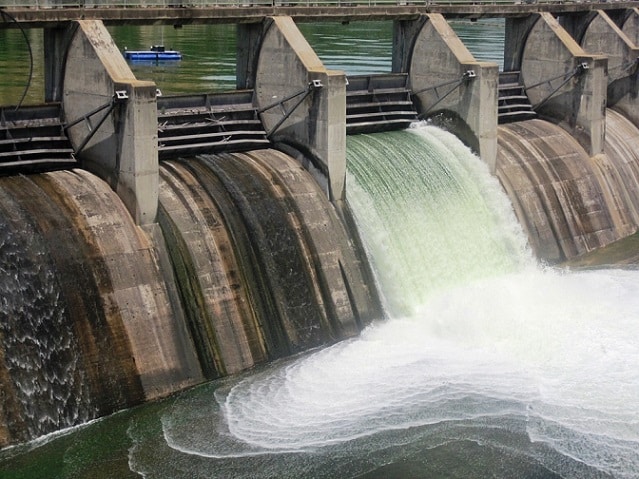The science and technology related to water is developing rapidly, and this is sure to have a profoundly positive impact on the delivery of the water-related Sustainable Development Goals (SDGs).
The availability of high quality water in the right quantities is not only vital as per the goals of SDG6, but are also vital to the ability to deliver many of the other SDGs. Wise management of water resources and services will benefit public health and the environment, but it can also be a true driver of socio-economic development and political stability.
Accelerated progress towards sustainable water resources and services is being helped by the innovative emerging science and technology, and is creating many positive opportunity for developing as well as developed countries.
The recent GSTIC conference in Brussels, which brought together various stakeholders to explore connecting technological innovation to decision making had a recurring theme; how to turn wastewater into resources.
Various emerging technologies and business models were discussed as well as the need for various sectors to collaborate with each other as well as with different stakeholders in government, policy and regulation.
Different experiences were shared and different types of solutions were showcased. Solutions already being applied around the globe include:
- Decentralised onsite systems;
- Container-based systems;
- Conventional networked systems;
- Integrated systems combining sanitation and water systems, and many more.
In many developing countries, such as Haiti, India, and South Africa, small-scale decentralised systems serving local communities have been successfully implemented; the entire value chain is reviewed, and sanitation services are being created that both protect the environment as well as reusing and recovering resources for communities.
It is vital that wastewater is treated to safeguard public and environmental health while at the same time turning that wastewater into new resources such as water, energy, nutrients, and materials, which is both technically feasible and currently already practiced on a growing scale. This will have a major impact on future water resource management and is crucial to the building of a circular economy and a healthy environment.
It is vital that water professionals and stakeholders in other sectors push an agenda that supports continuous collaboration and the sharing of experiences and knowledge. This will ensure that a once-in-a-lifetime opportunity to develop a truly cyclical, truly sustainable water sector is developed.
Get water dispensers and water delivery in London from Living-Water.






